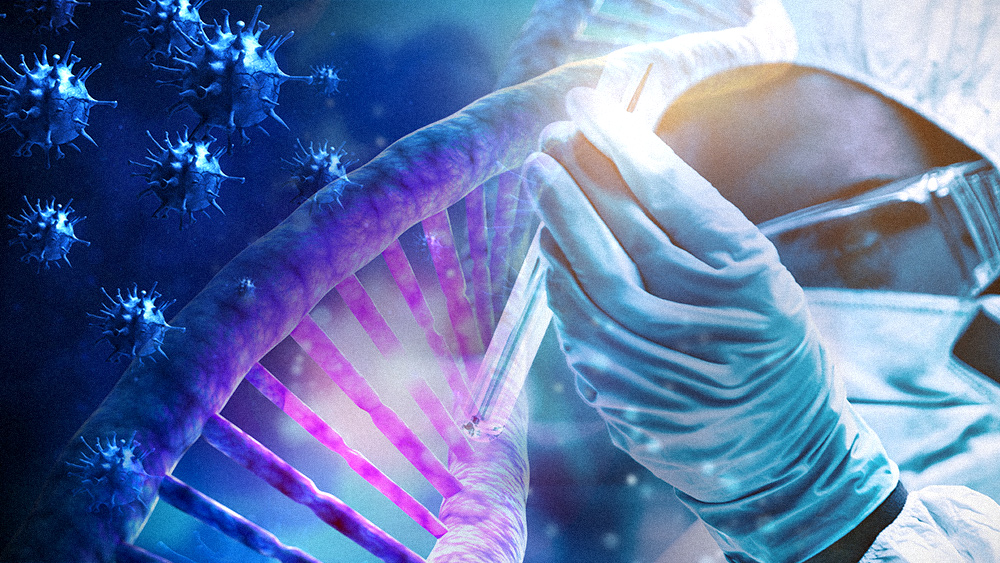
Gene therapy for inherited blood disorders
The exa-cel (short for exagamglogene autotemcel) therapy, which goes by the brand name Casgevy, is based on the gene-editing tool CRISPR (clustered regularly interspaced short palindromic repeats), which was first reported in 2012 in the journal Science. This innovation won scientists Jennifer Doudna and Emmanuelle Charpentier the 2020 Nobel Prize in Chemistry.
After rigorous assessment of exa-cel's effectiveness, quality and safety, Vertex Pharmaceuticals and CRISPR Therapeutics received regulatory approval for its use in treating patients aged 12 and older with sickle-cell disease and transfusion-dependent beta-thalassemia.
Sickle cell disease is an inherited blood disorder caused by a mutation in beta-globin -- a component of hemoglobin -- that leads to the formation of a faulty hemoglobin called hemoglobin S. Hemoglobin S changes red blood cells into rigid, sickle-shaped cells. Particularly common among people with African or Caribbean family backgrounds, sickle cell disease is an incredibly debilitating condition that leads to anemia (abnormally low red blood cells or hemoglobin) and causes severe pain and serious, life-threatening infections.
Beta-thalassemia is a rarer blood disorder also passed down from parent to child wherein the body doesn’t make as much beta-globin. Mainly affecting people of Mediterranean, Middle Eastern, South Asian, and Southeast Asian origin, patients with beta-thalassemia need a blood transfusion every three to five weeks to remove diseased blood cells and replace them with healthy ones.
MHRA Interim Executive Director Julian Beach said: "The MHRA will continue to closely monitor the safety and effectiveness of Casgevy, through real-world safety data and post-authorization safety studies being carried out by the manufacturer. I would like to thank the patients with lived experiences who engaged with us as part of the assessment process and gave us valuable insight into their lives and the challenges of managing their condition.”
How exa-cel works
Exa-cel (Casgevy) highly depends on the CRISPR-Cas9 genome editing technology, which involves three steps – recognition, cleavage (splitting or slicing apart) and repair -- and is administered during a one-time infusion.
The first step of the therapy for patients with inherited blood disorders involves the collection of blood-producing stem cells from the patient’s bone marrow. Those cells are then edited in a lab using the gene-editing tool CRISPR.
The system uses short synthetic stretches of guide RNA to direct Cas9 enzymes to target a gene called BL11A. Once in place, Cas9 cleaves (splits or slices apart) the DNA three bases from the end of the target sequence, allowing for a precise replacement, deletion or insertion of new genomic material. (Related: Mad scientists to fall back on "CRISPR off switch" in case human gene editing goes horribly wrong.)
Patients must then undergo a risky "conditioning treatment" called "myeloablative conditioning" to prepare the bone marrow before the modified cells are infused back into them.
Patients may need to spend at least a month in a hospital while the treated cells take up residence in the bone marrow and start to make red blood cells with the stable form of hemoglobin.
Concerns raised
In December, federal regulators in the U.S. are poised to approve that same exa-cel treatment for sickle cell disease and thalassemia approved in the U.K., reported Children’s Health Defense.
In a statement released last Oct 26, the Sickle Cell Disease Association of America (SCDAA) raised valid concerns about the accessibility of exa-cel and the potential adverse effects.
How effective is it? The SCDAA said, "More years of follow-up will be needed to show whether exa-cel will also reduce the organ damage caused by sickle cell disease. Can the stem cells treated with exa-cel continue to produce non-sickling red blood cells for the rest of the person’s life, or will the stem cells die off over a certain number of years?"
"Currently, the treatment requires chemotherapy, which means there are also concerns about chemotherapy-associated complications, such as infertility or secondary cancer."
How accessible is it? The SCDAA said, "The high cost of gene therapy and eligibility restrictions are two of the main barriers we anticipate."
"Gene therapy treatments are produced through expensive, highly technical processes. The cost estimates are $2 million and up. The high price tags may be worthwhile, but FDA-approved high-cost medications come with insurance barriers and rules that are not evidence-based."
"Additionally, a large portion of the population will not be eligible for the treatment, including individuals with "hemoglobin sickle C" (Hb S/C), which represents a third of U.S. population. We need to be careful [so] that increasing the accessibility of gene therapy doesn’t reduce the accessibility of other sickle cell treatment options."
But most importantly, experts have raised concerns about the safety of gene therapy. Earlier studies have shown that gene therapy comes with serious health risks, such as toxicity, inflammation and cancer. The National Institutes of Health also lists allergic reactions and tissue or organ damage as potential health risks, especially if an injection is involved, as proven by the serious injuries caused by the mRNA COVID vaccines.
Watch the following video about ethical issues related to CRISPR gene editing technology.
This video is from the Daily Videos channel on Brighteon.com.
More related stories:
Gene editing industry officials lobbying to take power to regulate away from FDA, says report.
CRISPR gene editing found to cause hundreds of "unintended mutations," warn scientists.
Sources include:
Please contact us for more information.






















